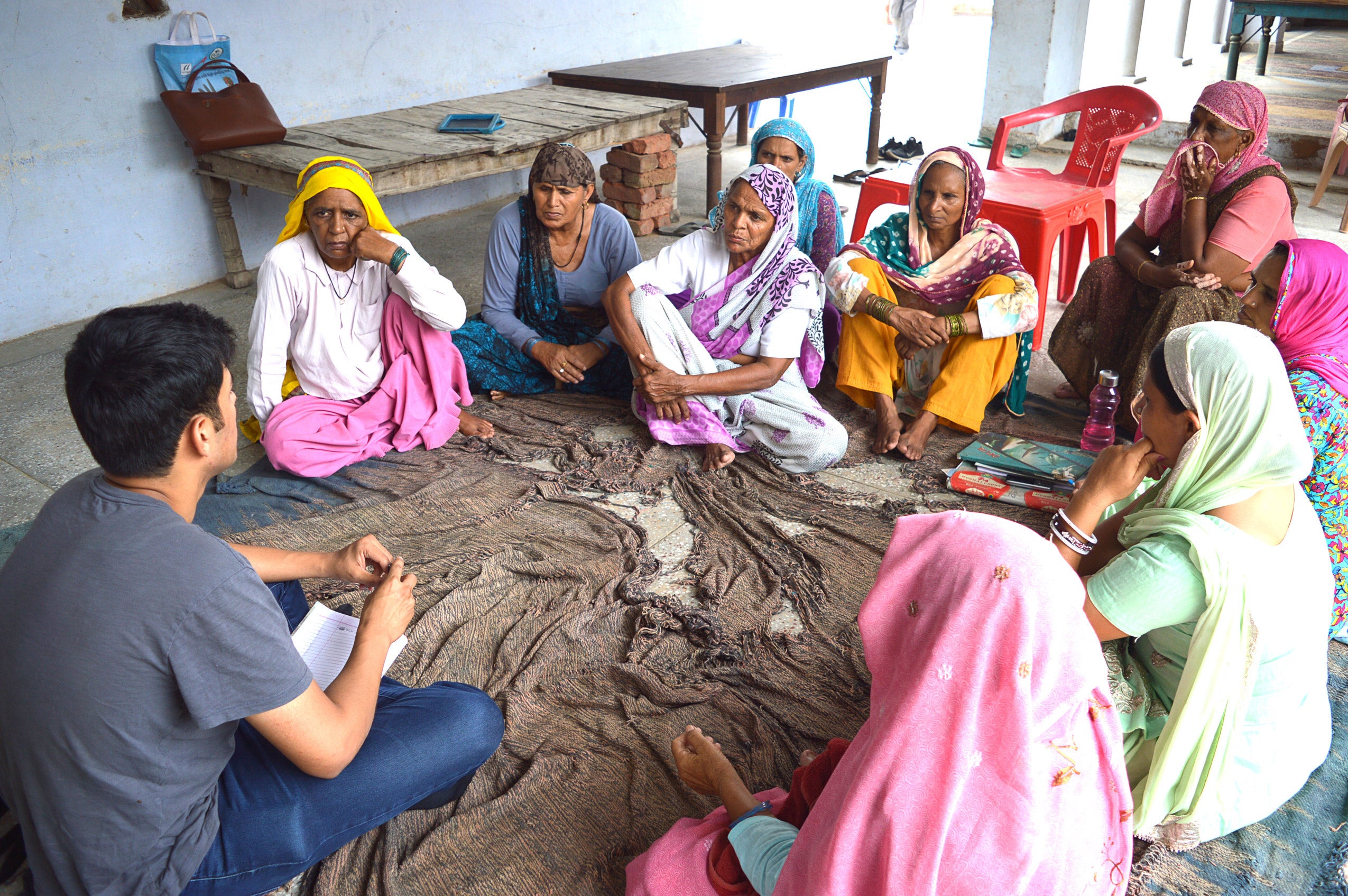In the summer of 2015, 86 Harvard Law School students worked in 37 countries on a diverse array of projects; 19 of those students traveled to 15 countries through the Chayes International Public Service Fellowships. Chayes Fellows spend eight weeks working within the governments of developing nations, or with the inter-governmental and non-governmental organizations that support them. As seen in the slideshow below, their projects take many forms, this year ranging in topic from school transportation and sanitation concerns in South Africa to environmental provisions in international trade agreements at the United Nations, or transitional justice processes in Colombia. The profiles below highlight the experiences of four of the 2015 Chayes Fellows.
Aditya Pai ’17
Sehgal Foundation
Gurgaon, India
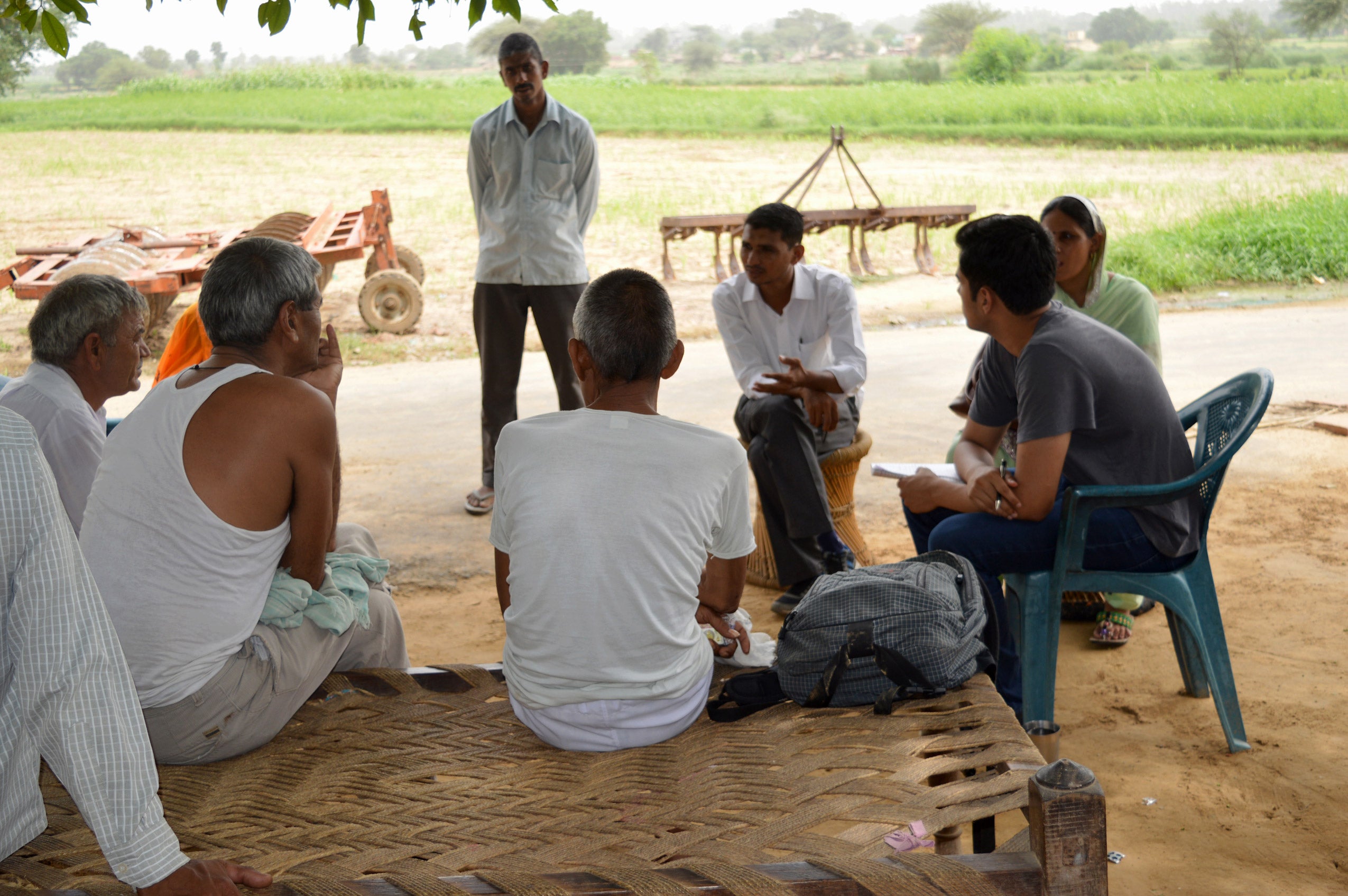
Aditya Pai returned to India, the country of his birth, to work with the Sehgal Foundation. As part of an initiative to improve villagers’ access to government benefits, he analyzed the effectiveness of the foundation’s legal literacy camps in the Mewat district of Haryana. His interviews—all of which he conducted in Hindi—of camp attendees, members of government legal aid centers, and foundation field staff members, documented cases of successes and setbacks. The assessment was developed to better understand why some citizens achieved positive results from what they had learned (for example, securing an old age pension that had not been provided previously), while others did not. His final report made recommendations for improving future legal literacy camps. “Meeting and interviewing the villagers in Mewat, who face serious challenges of poverty and political corruption, provided an incredible education in the hard realities of the world —especially after a useful, but largely theoretical, 1L curriculum.”
As a student attorney for the Harvard Legal Aid Bureau, Pai will apply the lessons he learned in India to the Bureau’s efforts to promote legal literacy about eviction and foreclosures among disadvantaged communities in Boston. “Getting plugged in to the legal empowerment community enriched my understanding of both international development and the practice of poverty law in America. These two communities do not often talk to each other, but the work of one has obvious relevance for the other. I’m now better prepared for a career in public service, whether at home or abroad.”
Katrina Braun ’18
Equal Education Law Centre
Cape Town, South Africa
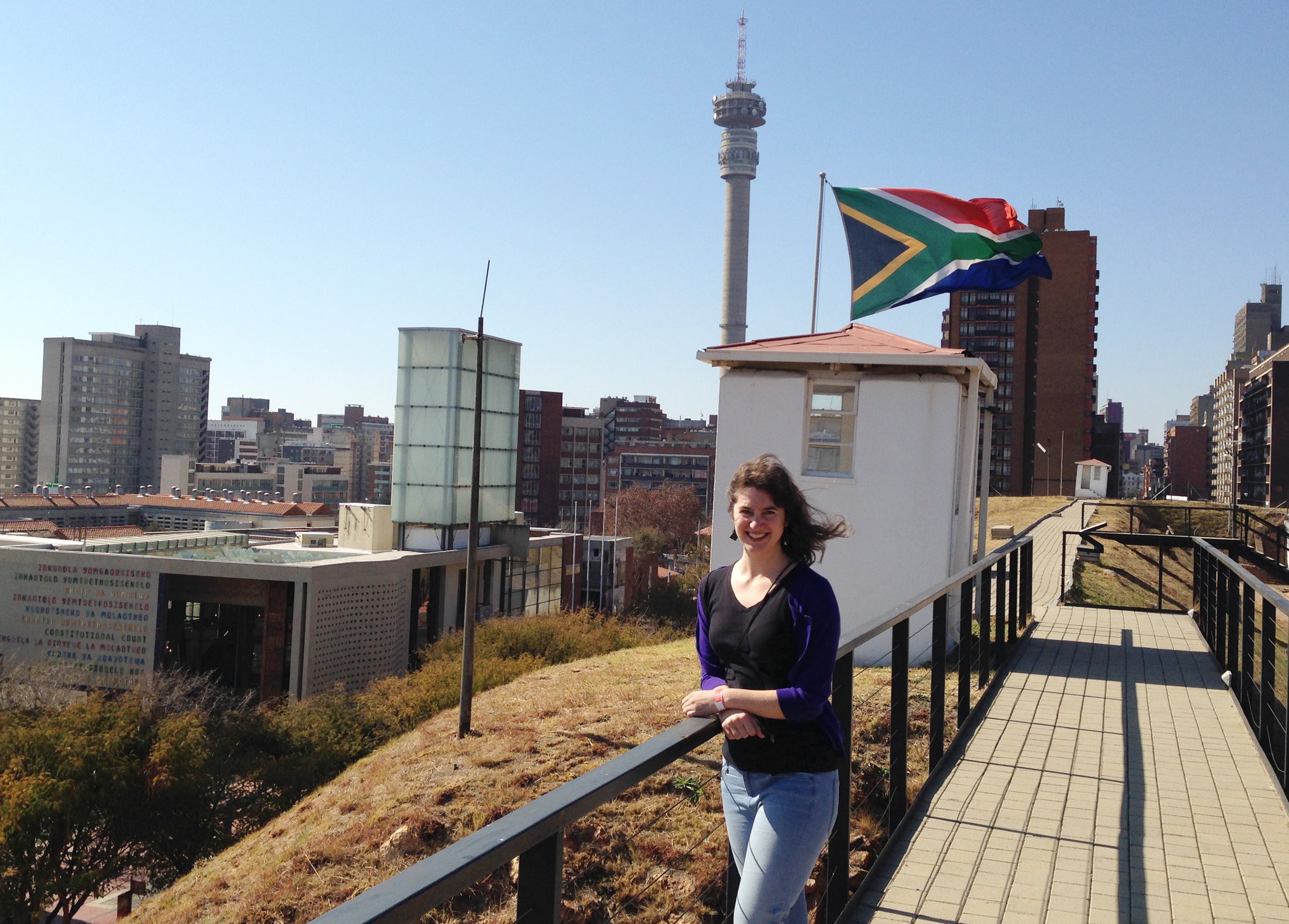
As a concurrent degree student at Harvard Law School and the Fletcher School at Tufts University, Katrina (Katie) Braun is working towards a career in international human rights treaty law. Her interest in South Africa, which has put human rights at the forefront of its constitution, was sparked during her first semester at HLS, by a project with Advocates for Human Rights. With Project Constitution, an outreach initiative led by the Helen Suzman Foundation, she edited constitutional democracy lesson plans for inner-city high school students in Johannesburg. The following spring she took International Law and Human Rights with Professor Samuel Moyn, focusing on social and economic rights and current cases in the South African Constitutional Court. “I found myself really interested in how social and economic rights work in practice. The Equal Education Law Centre works to advance South Africa’s right to education; it seemed like a great opportunity to gain experience in a different legal system and a better understanding of those rights on the ground.”
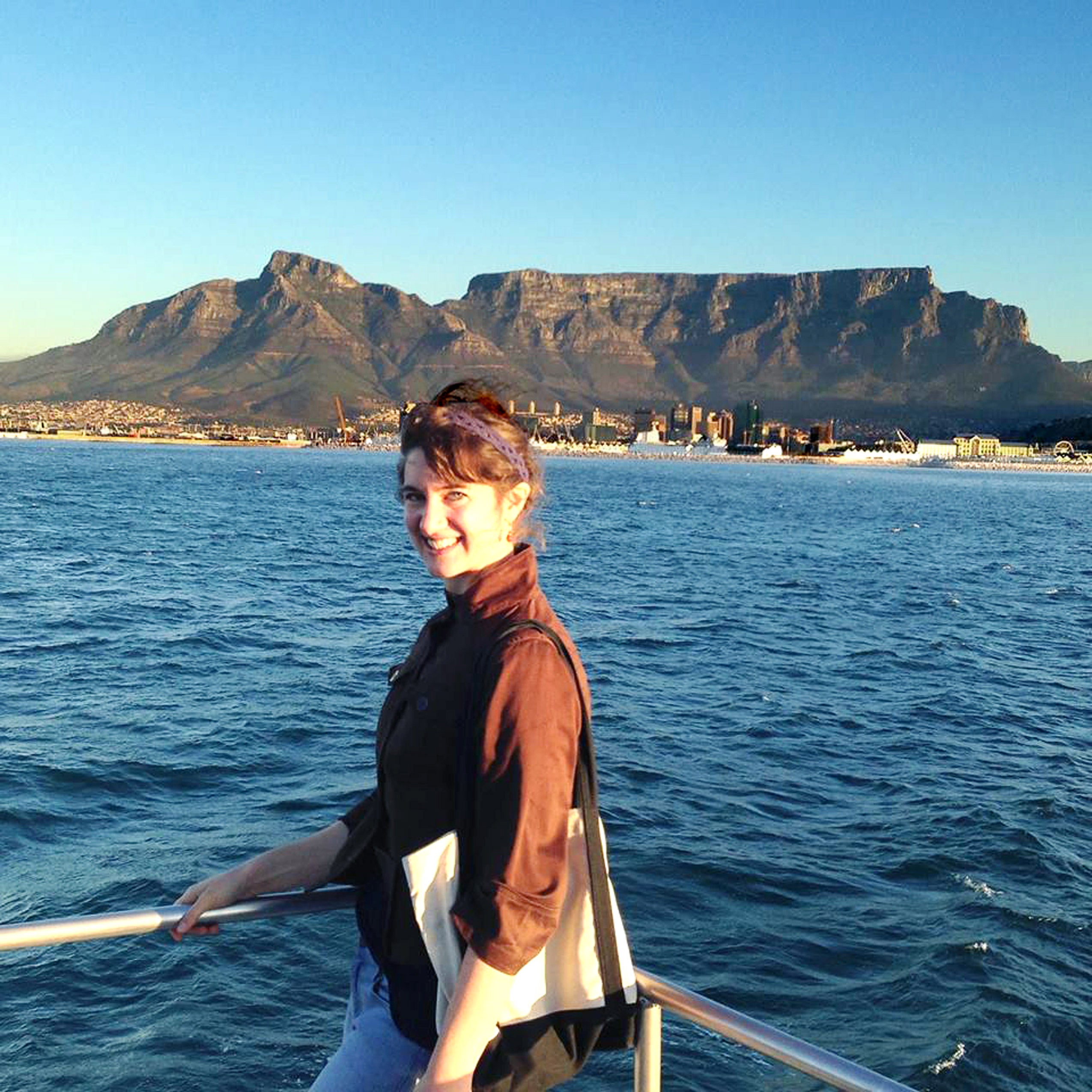
Braun spent her summer researching and reporting on the effectiveness and implementation of laws regarding sexual offenses committed by educators and assisting with EELC’s ongoing reports and cases. She traveled to the township of Dunoon to help determine how EELC could assist a group of parents whose children had been illegally rejected from school due to overcrowding. “It was downright inspiring to meet with these parents—they had set up their own unofficial school to try to keep their children learning and safe.”
Braun hopes that by augmenting her law studies on the details of human rights laws and treaties with policy coursework on their historical and economic context, she will be well-prepared for an eventual position with the U.S. government or an international organization.“My time in South Africa gave me vital first-hand experience with those who are implementing human rights principles and those who are affected by them, and helped me better understand how law operates in a wider economic and political system.”
Korey Silverman-Roati ’17
Center for Public Interest Law
Accra, Ghana
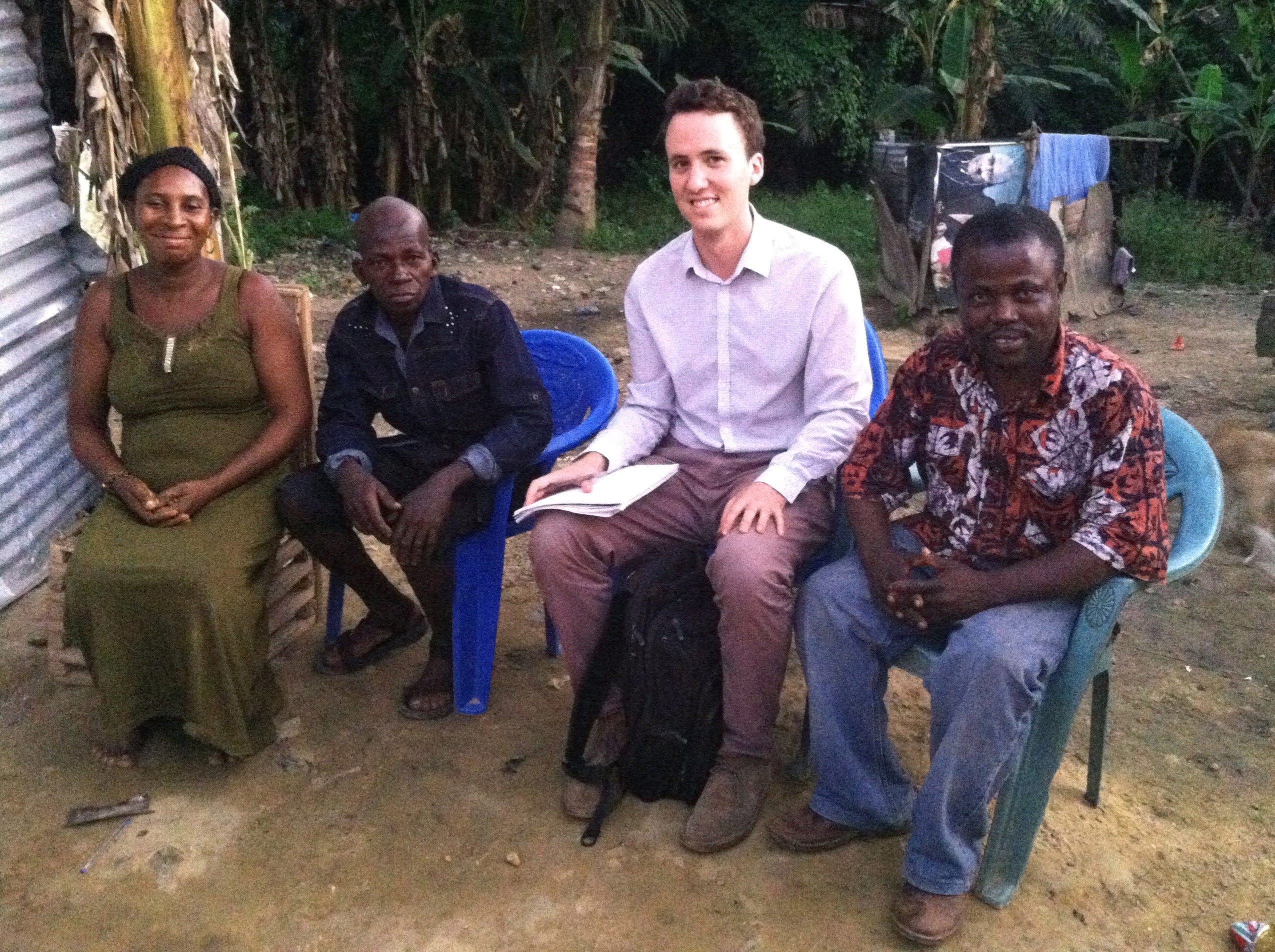
Having spent college summers working on legal education and training for Native American communities, followed by a Fulbright fellowship to teach English in Turkey, Silverman-Roati wanted to continue his endeavors in public interest law abroad. His internship with CEPIL, which provides pro bono legal services in Ghana, offered experience in litigation and research in support of communities adversely affected by mining.
For the first half of his internship, Silverman-Roati shadowed a CEPIL attorney, accompanying him to court and discussing strategy for cases of wrongful terminations of employment and inadequate land acquisition compensation. For a case against the Ghana Gas Company, he conducted comparative research on adequate compensation and traveled to the Western Region to view the court proceedings and obtain plaintiff feedback. “I’ve now spent more time in Ghanaian courtrooms than in American ones. It will be interesting to compare my experiences and to see in what ways my views were shaped in Ghana.”
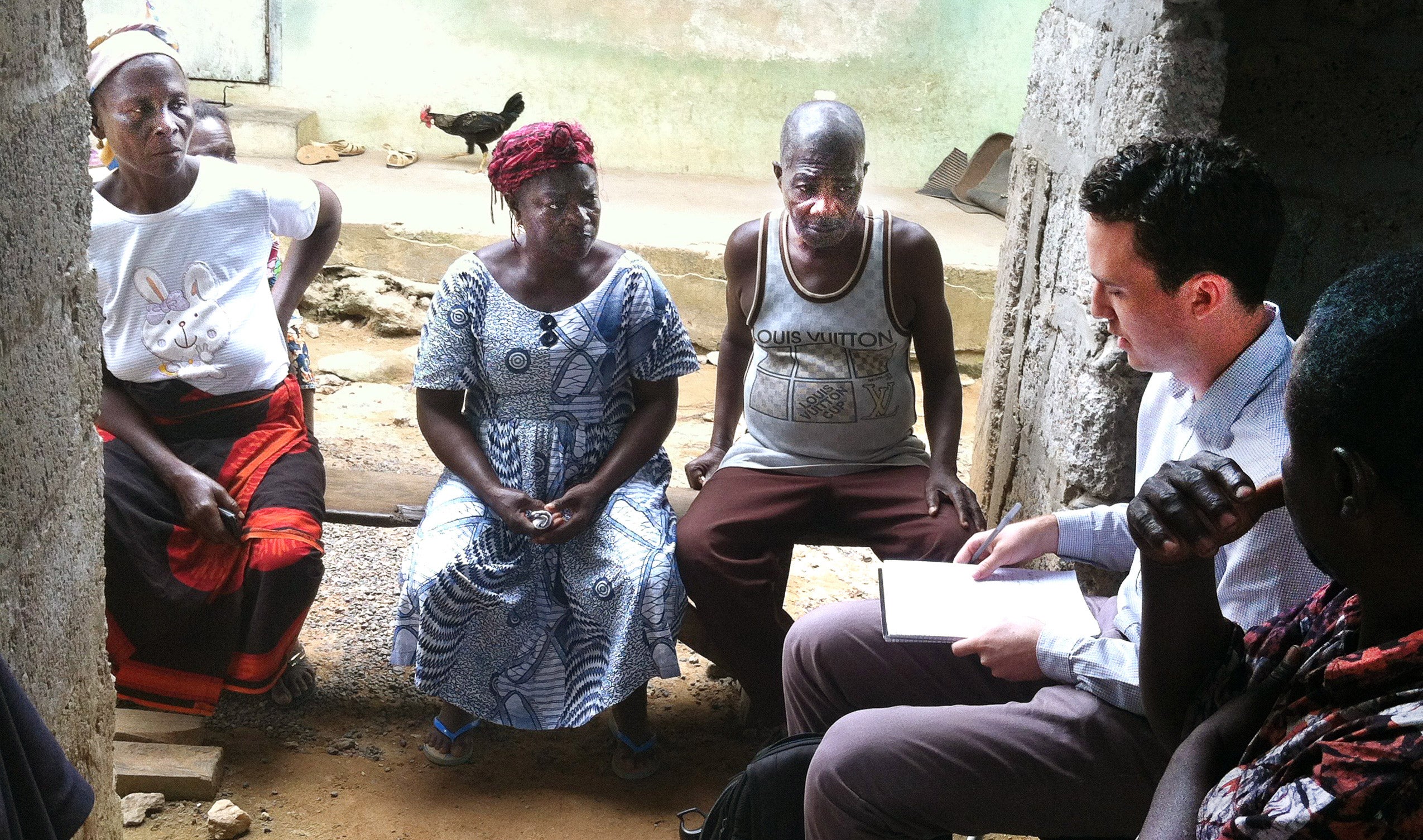
Silverman-Roati’s final project found him again in the Western Region, interviewing dozens of current and former clients about their experiences with CEPIL. His resulting report detailed client feedback and offered suggestions for improved efficacy in the face of decreased funding for the organization. “Speaking with the clients, especially those whose lives had been upended by mining activities, was a fascinating and humbling experience. I saw the real-life impact CEPIL’s work had on their lives, in the forms of improved resettlement packages and severance for unlawfully-fired workers. I’d now like to focus, at least in the beginning of my career, on public interest litigation.”
Lisa Dicker ’17
Zhicheng Public Interest Lawyers
Beijing, China
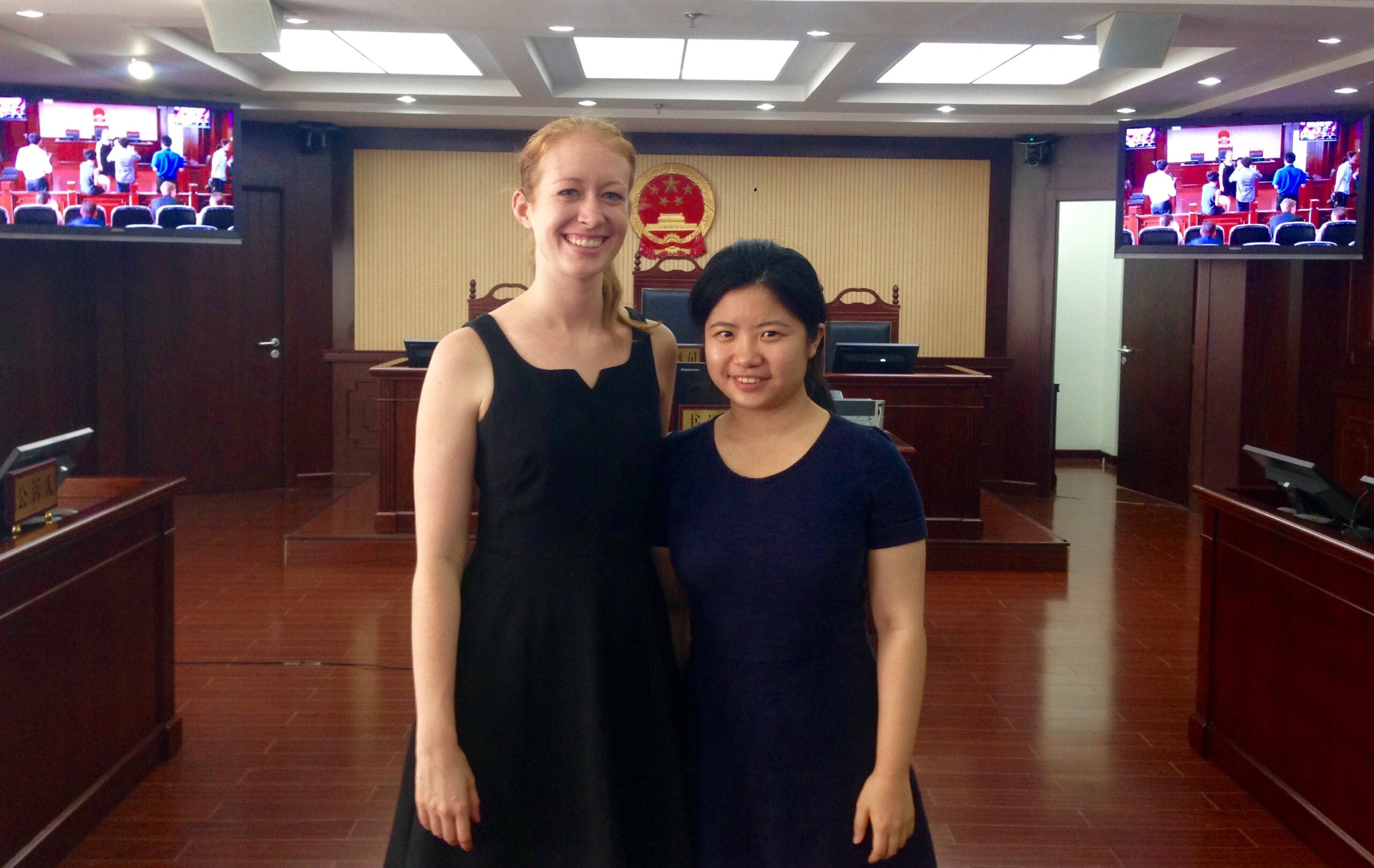
For Lisa Dicker, the Chayes Fellowship was a chance to pursue her longstanding interest in China and gain hands-on experience in its legal system. At ZPIL, an organization that provides pro bono legal advice and representation to migrant workers, women, and children, Dicker researched and formed best practice recommendations on the emerging juvenile justice system and wrote briefs relating to criminal law, disability law, and children’s rights.
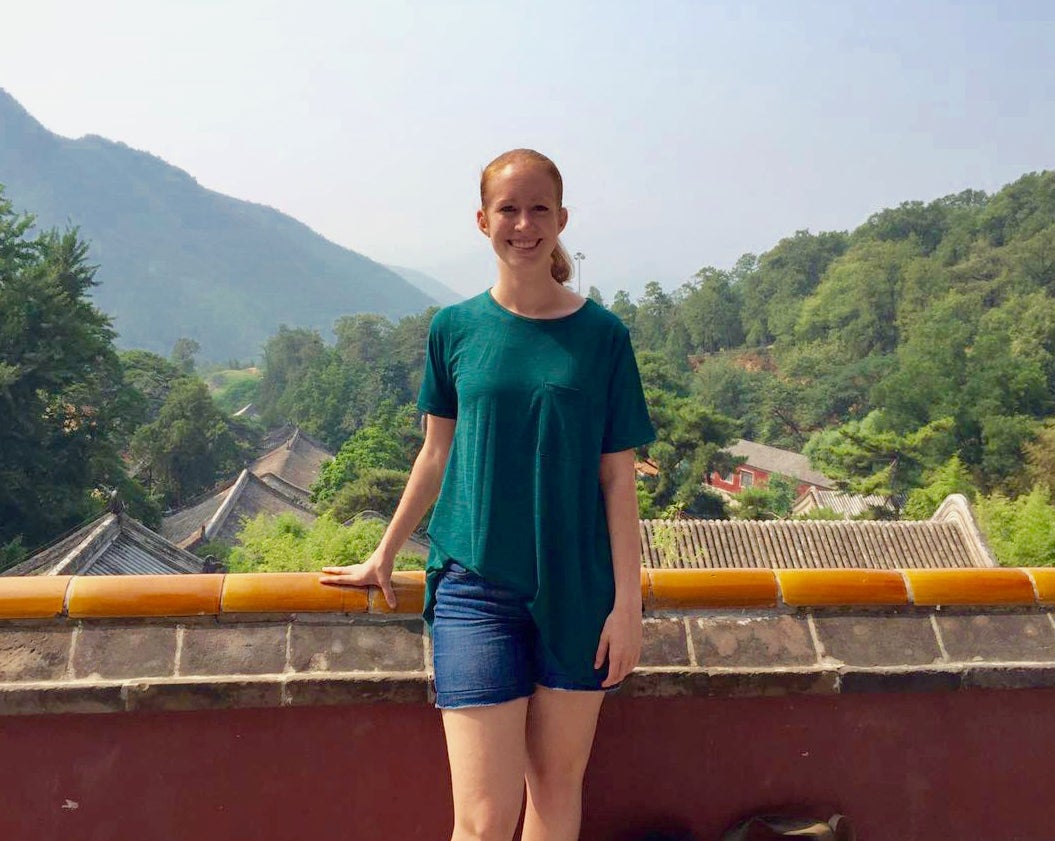
With a family history in East Asia, Dicker pursued her own interest in the culture as an undergraduate, becoming proficient in Chinese and majoring in political science and Asian studies. “I came to HLS to develop knowledge and skills in the practical implementation of the fields I had studied in the abstract,” explains Dicker. “My experience at ZPIL was the culmination of many years of study and development coming together.”
Dicker’s internship and her current work in the Harvard Negotiation and Mediation Clinical Program have inspired her to explore organizational dispute management. “After spending time in the American legal system, the Chinese legal system, and now studying how systems impact outcomes, I have determined that I want to pursue a career that involves dispute systems designs and alternative dispute resolution.”
Dedicated to the memory of Professor Abram Chayes, who taught at Harvard Law School for more than 40 years, the Chayes International Public Service Fellowship is co-administered by the Bernard Koteen Office of Public Interest Advising (OPIA) and International Legal Studies.
